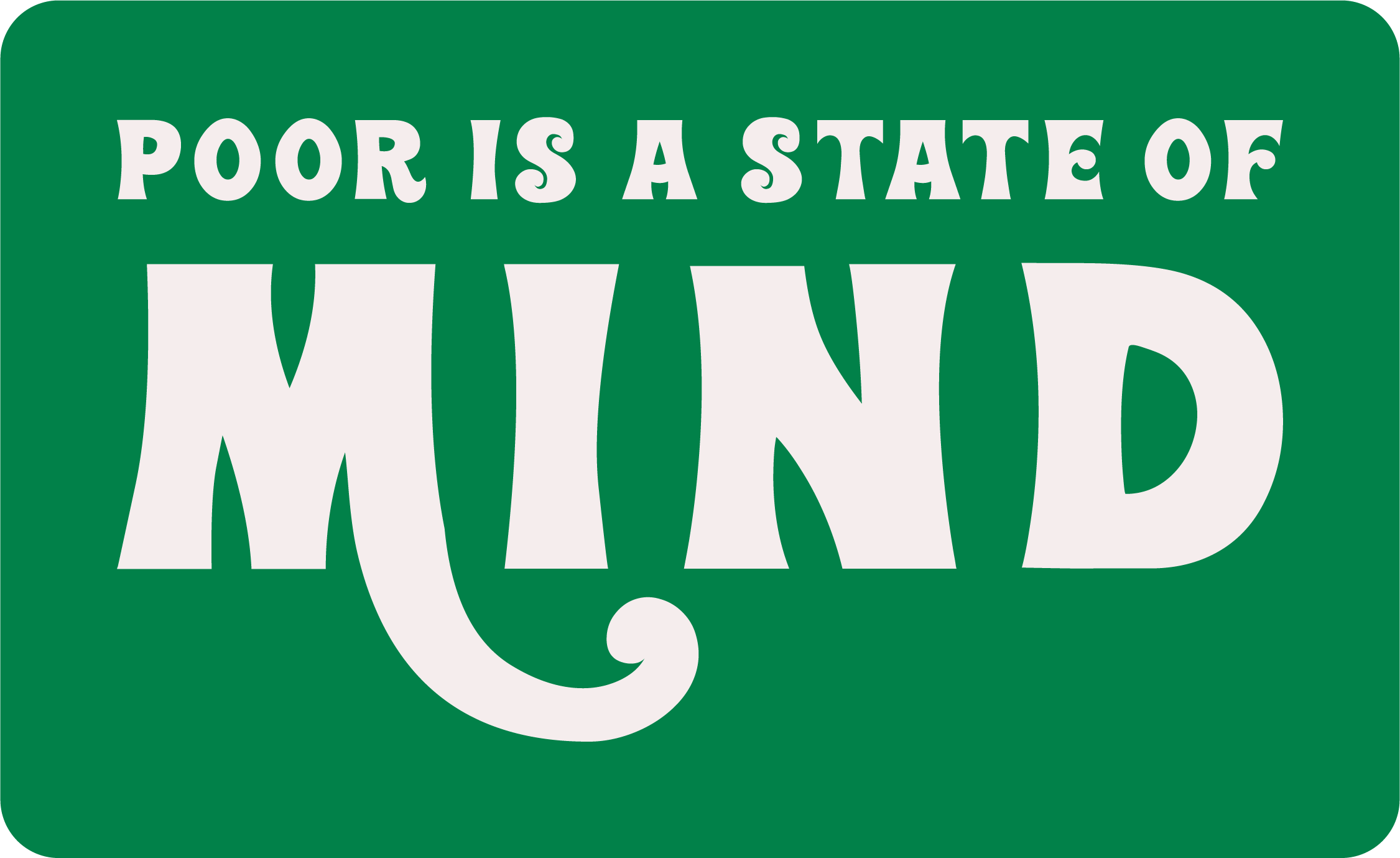How Anyone Can Be a Millionaire
How Anyone Can Be a Millionaire: Tips for Building Wealth
The image many have of a millionaire is often that of someone who lives in a mansion and drives a Maserati. However, most millionaires are actually your neighbors who live modestly and drive ordinary cars.
In the book, The Millionaire Next Door, by Thomas J. Stanley dives into this topic and provides some fascinating and eye opening facts about the average millionaire. This book broke wealth stereotypes by revealing that true millionaires typically live modest lives.
Before I go any further, I should define what a millionaire actually is, in case there’s any confusion. A millionaire is a net worth calculation which is determined by adding up the value of all your assets (cash, IRA’s, car’s, house, etc) and subtracting what you owe (car loans, personal, loans, credit card balances, mortgage, etc). That’s it, it’s that simple. I has nothing to do with your income or spending habits. It’s a measure of assets minus liabilities at a point in time.
Your income matters, but not as much as you might think. The key factors are your mindset and discipline. Spend less than you earn and invest the difference. If you leave these investments alone, you’ll be amazed at how much wealth accumulates over time. Eventually, if you stick to your plan you will become a millionaire.
Now that we’ve defined what a millionaire is and explained that it’s achievable for most, let’s talk about what it takes to get there. Keep in mind this isn’t happing overnight and it will require sacrifice, hard work, and determination but the juice is worth the squeeze as they say.
Start early and save consistently
The earlier you start saving, the more time the money you’ve invested has to grow. If you’re struggling to make ends meat, start with something very small to build the habit. Think of it like working out. You aren’t going to see results in your body from one workout, you see results overtime by developing a pattern of consistent behaviors and before you know it, you’ve lost weight and you’ve developed some muscle tone.
Build your investing muscles by directing a small amount of your paycheck directly to a 401k or IRA so it comes out of your paycheck before you see it. Pretend that like that small amount of money isn’t there so you aren’t tempted to touch it.
This consistent process of investing is like buying a golden goose, except.. in the beginning the goose may lay copper eggs, then eventually silver eggs, and before you know it she’s finally laying the golden eggs!
What to find out how powerful compound interest can work for you?
Live below your means
Living below your means is a key component of building wealth and becoming a millionaire. This means spending less that you earn and avoiding unnecessary expenses. Focus on the essentials and prioritize your spending. Consider using a budgeting app to help you track your expenses and identify areas where you can cut back.
Invest wisely
Investing can be a powerful tool for building wealth, but it’s important to do it wisely. It may be tempting to investing in single stocks, but consider investing in a diversified portfolio of low-cost index funds. This can help you minimize risk and maximize returns over time. Avoid high-risk investments and get advice from a trusted financial advisor if you’re not comfortable making investment decisions yourself.
Pay off debt
Debt is the shackles that keep you from building wealth, so it’s important to pay off any high-interest debt as soon as possible. This includes credit card debt, student loans, and other types of debt and avoid taking on new debt at all costs. Make a plan to pay off your debt as quickly as possible. Get radical and laser focused in your debt payoff endeavor by making large short term sacrifices to release the debt shackles and get you started down a path towards building wealth and becoming a millionaire.
To become a millionaire, it’s important to maximize your earnings potential. This means working hard and smart to earn more money over time. Some ways to increase your earning potential include:
- • Advancing your education or skills to qualify for higher-paying jobs.
- • Starting a side business or investing in real estate to generate additional income streams.
- • Negotiating for higher pay or better benefits in your current job.
Keep Your Eye on the Prize
Becoming a millionaire is a long-term goal that requires patience, discipline, and hard work. Stay focused on your goal and be willing to make sacrifices along the way. Keep your eye on the prize and never lose sight of why you’re working towards this goal. In conclusion, becoming a millionaire is achievable for anyone who is willing to put in the effort and make smart financial choices. By starting early, living below your means, investing wisely, paying off debt, and continuing to learn and grow, you can build significant wealth over time and achieve your financial goals.
Conclusion
Becoming a millionaire is not an impossible goal. With the right mindset, habits, and strategies, anyone can accumulate wealth over time and achieve financial freedom. Start by adopting a millionaire mindset, developing good money habits, maximizing your earnings potential, networking and learning from others, and staying focused on your goal. Remember, becoming a millionaire is a journey, and with perseverance, dedication, and a lot of hard work, you can achieve financial success.




